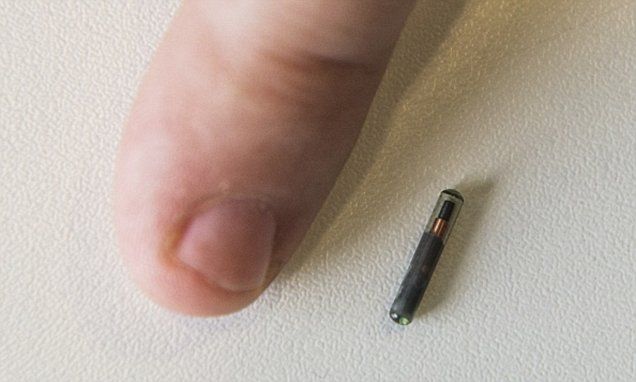Jun 19, 2016
Is the US Navy planning to implant people with microchips?
Posted by Karen Hurst in categories: geopolitics, neuroscience, Ray Kurzweil, transhumanism
Steps moving forward to make enhance human intelligence real — definitely would mean a major leap forward in achieving Kurzweil’s and Zolstaf Zoltan Istvan’s super humans.
Transhumanist Zoltan Istvan, from Calfornia, and presidential candidate, met with senior officials from the US navy to discuss policies on how to deal with microchip implants (pictured).
Continue reading “Is the US Navy planning to implant people with microchips?” »







 Want to fight aging; eat this new chocolate.
Want to fight aging; eat this new chocolate.










